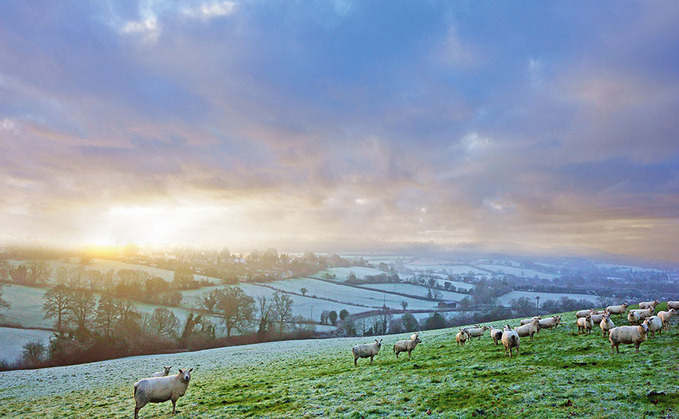
The Government's recent review of AHDB called for a change in direction, placing emphasis on market development and productivity as key priorities going forward. But what do levy payers think about proposed...

The Government's recent review of AHDB called for a change in direction, placing emphasis on market development and productivity as key priorities going forward. But what do levy payers think about proposed...